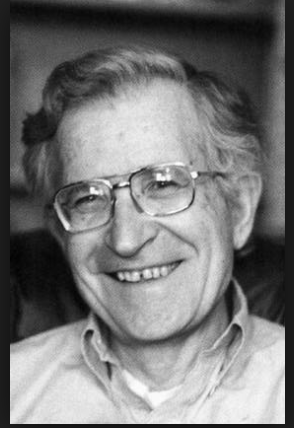Around 630 AD, the Arab prophet Muhammad united the Arab people through the founding of a religion called Islam, which means “submission to God.” Muhammad forged these people into a fighting people the destiny of whom was to bring the rule of Islam to humankind.
Within a hundred years, Muhammad and his disciples had conquered all of the Middle East, much of Persia, India, North Africa, Asia Minor, the Asian Interior, Spain, and good part of France. As a matter of fact, had it not been for Charles Martel, who in 732 defeated the Arabs at Poiters, Europe may well have been an Islamic continent today — a piece of history that many in the Arab political culture have never quite been able to forget.
Which is one of the reasons that, 950 years later, much Islamic history is concentrated on the struggle — jihad means struggle — to prevent the reconquest of Muslim lands. Their longing is for a great leader, the caliph, to vindicate this great historic wrong, which prevented Islamic dominance of Europe, and to at last defeat European power. This longing, propelled by religious faith, was strong enough to bring, in 1683, the armies of the Ottoman sultan to the gates of Vienna, where the Muslim push was broken.
The subsequent decline of the Ottoman Empire was protracted and painful.
In 1798, Napoleon seized Egypt with ease.
By 1830, the British had seized control of many Arabian ports, and Algeria had become a permanent French base.
By 1870, much of Persia and virtually all of North Africa had become the possession of British, French, or Italian.
World War I saw the complete dismantling of the remaining Islamic realm. Turkey at that time became Westernized and secular, and much of the Arab world was put under European control — including Iran, which, in the 1930s, was ruled by a pro-Western family.
After fourteen centuries, Islamic dominance and political independence came to a close, thereby thrusting the Muslim world into a state of unmitigated confusion and humiliation. Quoting one Muhammad Nuwayhi, who 100 years ago was a leading Egyptian intellectual:
Anyone who reflects on the present state of the Islamic nation finds it in great calamity … The nation is tormented and resentful, plagued by inner contradictions and fragmentation, its reality is contrary to its ideals and its comportment goes against its creed. What a horrible state for a nation to live in (Muhammad Nuwayhi, Toward a Revolution of Religious Thought, 1907).
The European powers, meanwhile, proceeded to rather arbitrarily divide up the Ottoman Empire, and not long after the establishment of European protectorates (so-called), two strains of thought emerged among the Muslim Arabs to challenge “the horrible state.”
The first: Pan-Arab nationalism between Egypt’s Nasser and the Baath Party in Syria and Iraq. This party was very consciously modeled after Pan-German nationalism, and it accordingly supported Adolph Hitler’s “achievements” and even collaborated with Hitler against Britain during World War II. The Pan-Arab nationalist party explicitly sought a modern unified Arab-fascist nation.
The second strain to emerge was the Muslim Brotherhood which rapidly joined forces with other Islamic fundamentalist organizations, and which initially rejected Pan-Arab nationalism for being too pro-European and heretical. This Muslim Brotherhood organization longed mightily for a “pure Islamic regime.”
These two emergent groups differed, and yet they had a couple of significant things in common: undying hatred of the West, which had “dismembered” Islamic domination, and undying hatred of the “treacherous” Arab monarchies (including of course the Shah’s rule in Iran). Thus, after World War II, these two movements began working in precarious collaboration to dispose of all Arab monarchies and establish Muslim theocratic rule.
And, as everyone now knows, they were largely successful. The monarchies of Libya, for example, as well as Egypt and Iraq, were supplanted by militant Pan-Arabist regimes. Their goal was to dismantle all remaining Arab monarchies and add them to their own militant realm, and also to help the Soviet Union confront the West. They also very strongly believed that the “liberation of Jerusalem” was the key to stirring up ultra-nationalist sentiment against the West, and they made no secret of their willingness to use terrorism to achieve their ends.
Quoting Egyptian President (and Pan-Arab nationalist) Nassar, on the eve of the Six-Day War:
We are confronting Israel and the West as well — the West, which created Israel and despised us Arabs, and which ignored us before and after 1948 … If the Western powers disavow our rights and ridicule us, we Arabs must teach them to respect us and take us seriously.
Yasir Arafat’s PLO was born out of this Pan-Arab movement.
The PLO is essentially a nonsensical melange of Nasserist Pan-Arab fascism and neo-Marxist jargon, the stated purpose of which is to destroy “Western intrusion.”
The crucial point here: it has by now become cliche that if Israel would never have come into existence, the Muslim relationship with the West would be peaceful. And yet the absolutely irrefutable fact of the matter is that the Islamic world has been bellicose and antagonistic toward the West for millennium, since its inception, by definition: all faith must ultimately resort to force in order to persuade; because faith is the opposite of reason.


